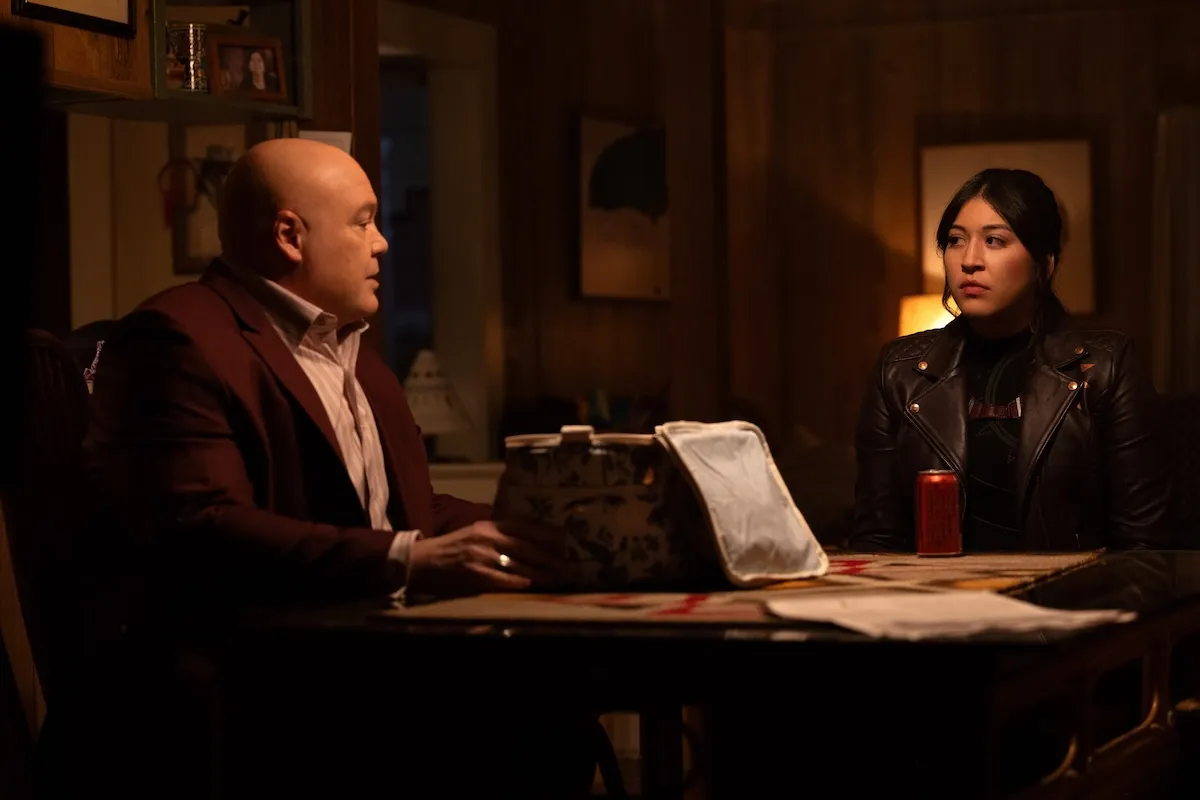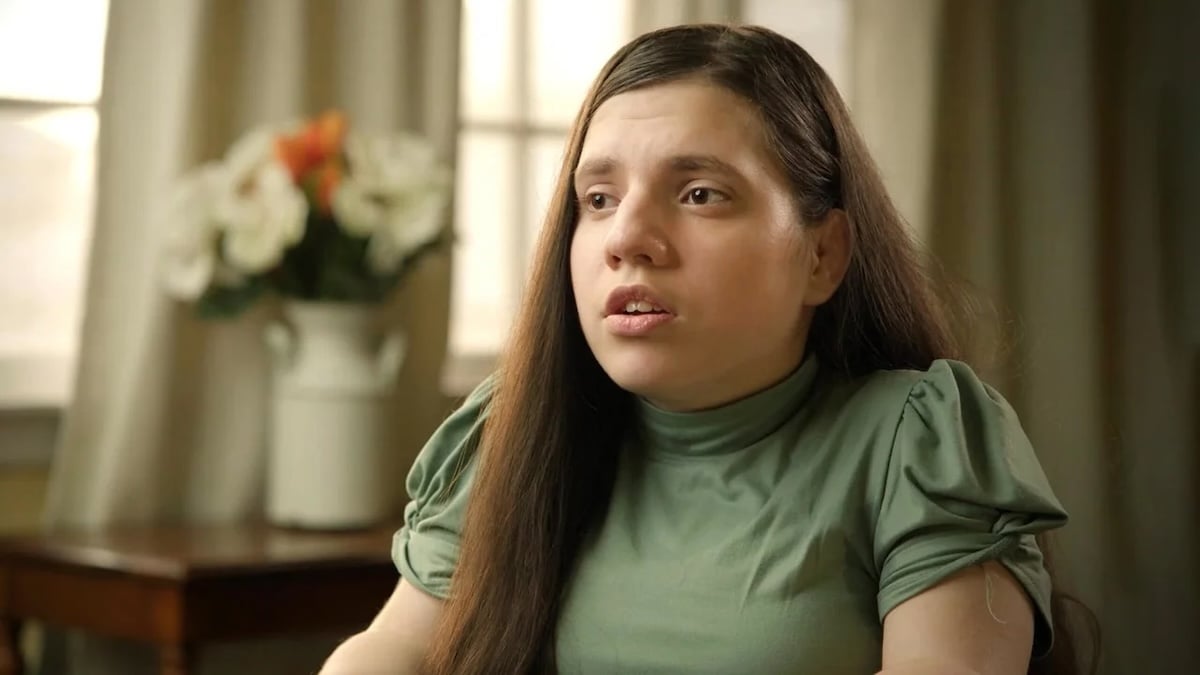To say that Echo—the Marvel Cinematic Universe’s first voyage of 2024—was a disappointment would be the most misleading way possible of telling the truth. It’s true, for instance, that the show we got struggled quite egregiously with its storytelling fundamentals, but to say that that’s the fault of the show itself would be insincere.
Creatively, Echo was an admittedly ambitious project when you consider the themes, story arcs, and set pieces it sought to weave together, but it also quite visibly had all the puzzle pieces it needed to make something better than what we got, and the fact that Echo was fumbled the way it was speaks to a plethora of the mostly ego-induced issues that currently plague Marvel Studios.
So, what happened with Echo?
When looking at Echo, it’s important to not only observe the limited resources the show was given, but the subtle inflexibility within those resources, as well.
The most obvious of these limits was the mere five episodes that Echo was given to tell its story, a number that proved to be far too restrictive to give each piece of Echo the attention it needed to flourish both on its own and in relation to the rest of the show. It’s possible that the questionable episode lengths (such as that half-hour finale) might have played a role in stunting those pieces, as well, but that can just as easily be chalked up to creative burnout brought on by a task that demanded so much while being given so little.
Because at the end of the day, this is a show made by Marvel Studios, the same studio that, more likely than not, builds all of their film contracts around the condition that they have full creative control of every third act. How else could you explain the growing amount of increasingly dissonant CGI army fights? In the case of Echo, it needed to establish Maya’s superpowers and set Wilson Fisk up for what’s probably going to be a substantial role in the canon, all while throwing in enough stunt-heavy comic book shenanigans to keep with the Marvel brand. Fitting all of this plus a meaningful character arc into five episodes with diminishing runtimes simply isn’t possible, and it’s not mere happenstance that the storytelling was the aspect that ultimately got butchered.
This all further begs the question of why Marvel would ever choose not to give more resources to Echo. This is a show that not only took aim at barriers for the Deaf, Native American, and amputee communities both on and offscreen, but had limitless potential to play in creative spaces outside of what audiences usually expect from comic book films and shows. Indeed, if there were ever a project that could have proved exactly what the MCU is capable of, Echo would have been it.
But Marvel has something of a phobia when it comes to compartmentalization, a phobia that’s been dragging their recent efforts down a considerable degree, and one that seems only more apparent now given that Echo—a show released under a banner specifically created for shows that don’t have much connection to the overarching MCU storyline—was given so little space to work with.
Marvel Studios needs to start prioritizing compartmentalization
Make no mistake, the MCU’s obsession with connecting everything is a very cumbersome creative hinderance, which, given the franchise’s unique reputation for interconnectivity, may sound shocking at first. But then, consider just how relatively separate the earliest MCU films were from each other; the Avengers films, at the time, cracked open an unheard-of paradigm for the concept of cinematic crossovers and managed to succeed by using the individually fleshed-out stories of characters like Captain America and Iron Man as a sturdy foundation for an event film whose appeal was rooted in that then-rare crossover aspect.
But now, the post-Endgame era is taking the crossover mindset for granted. Indeed, these pre-event stories are no longer about the characters; they instead prematurely explore about how they fit into a collective whole that means nothing to audiences at the moment. And, with Echo‘s very clear departure from that whole, why would we expect Marvel Studios, with their history, to give it the resources it needs to thrive when it doesn’t align with their misguided storytelling values?
It’s key, then, for Marvel to start embracing more compartmentalized storytelling if they ever hope to rescue their reputation. Save that cheesier studio finish for the big, Avengers-level crossover event films, but let the storytellers really build up their designated characters over film trilogies or 12-episode miniseries with varying degrees of maturity and genre exploration.
Of course, if Marvel didn’t use the golden opportunity Echo presented to dive into that brave new world, it’s hard to imagine what could possibly be the kick in the pants the studio needs to do so. So, for now, it’s seems like another year of bated breath ahead for the Marvel faithful.
(featured image: Disney+)










Published: Jan 11, 2024 05:07 pm